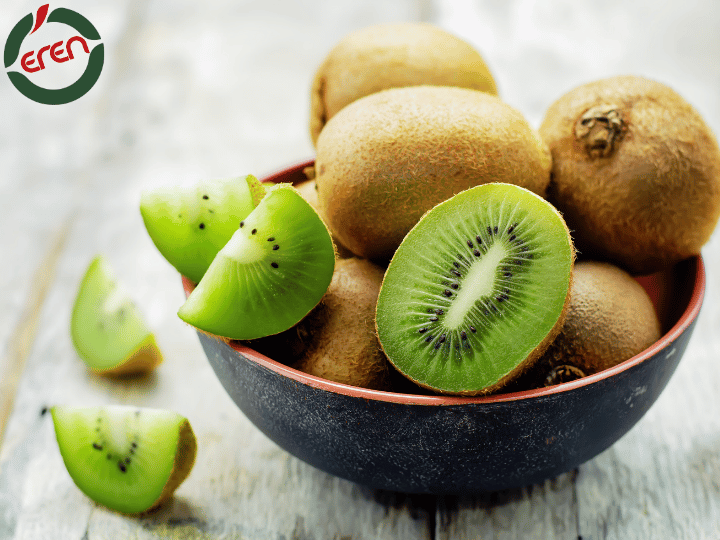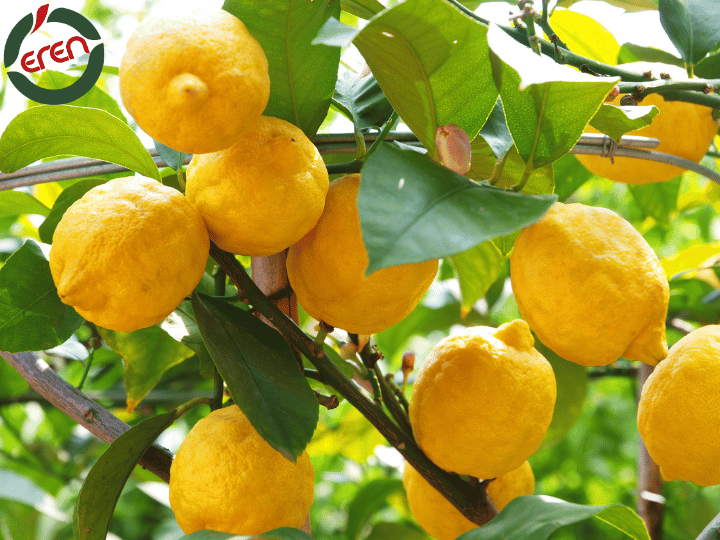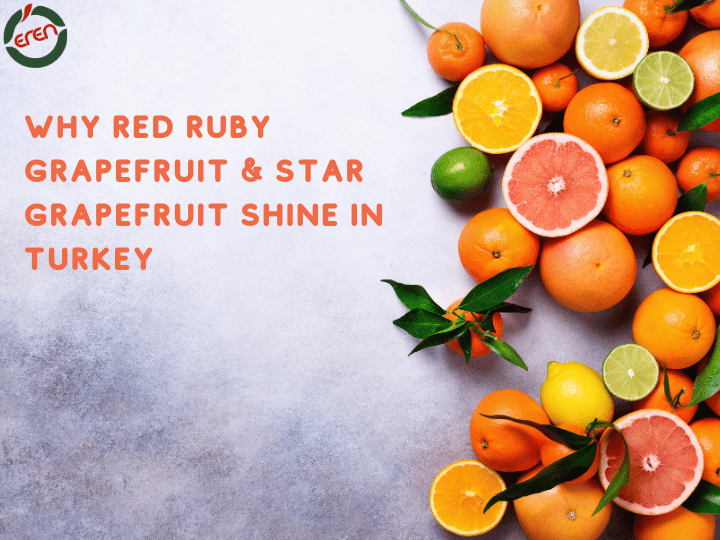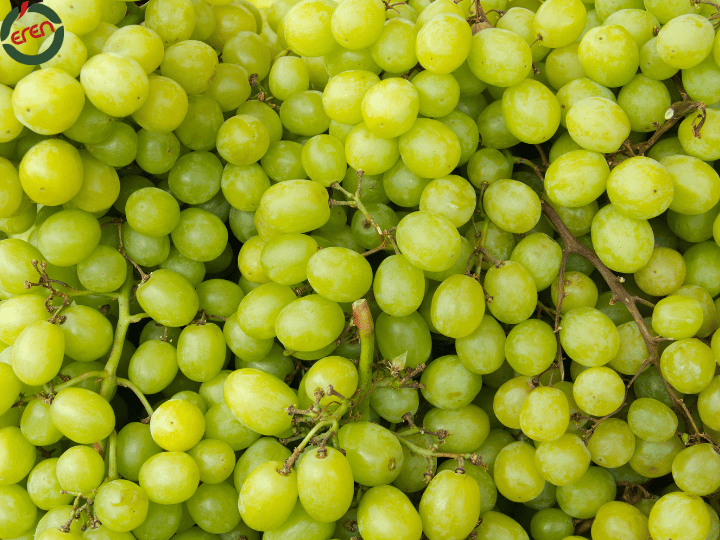Kiwigrower Secrets to Delivering the Juiciest Kiwis Worldwide
The art of growing the perfect kiwi isn’t just about planting seeds and waiting for the fruits to ripen. As a dedicated kiwi grower, understanding the subtle nuances of soil, weather, and care is crucial to delivering high-quality kiwis. Today, we’ll dive deep into the world of kiwifruit growers, exploring the key practices they use to consistently bring the juiciest kiwis to the global market.

The Journey from Wild Fruit to Commercial Farming
Originally from Southeast Asia, kiwi was first discovered as a wild fruit that grew in dense forests. Over time, this resilient vine spread beyond its native China to the rest of the world in the 20th century. Today, kiwigrower farms can be found across many regions, with New Zealand, Italy, and Turkey standing out as key players in the kiwi market.
Kiwis, known for their signature green flesh and slightly tangy flavor, are beloved for their nutritional benefits. High in vitamin C and antioxidants, they are a favorite among health-conscious consumers. However, growing the perfect kiwi isn't as straightforward as it may seem.
The Challenges of Being a Kiwi Grower
One of the primary hurdles faced by kiwifruit growers is achieving the delicate balance between climate, soil, and water supply. Kiwis thrive in areas with mild winters and warm summers, requiring a specific humidity range of 50-70%. If the humidity falls too low or if the winter temperatures dip below -4°C for younger plants, it could spell disaster for the entire crop.
Kiwi vines are climbers, which means they need external support structures, especially when the fruit becomes heavy. These vines are prone to being damaged by strong winds, making it essential for growers to establish farms in regions where the weather is relatively stable.

Best Practices for Kiwi Farms
As any experienced kiwigrower will tell you, success starts with choosing the right soil. Kiwis prefer light, well-drained soil with a slightly acidic pH level of 5.5-7.0. Heavy, clay-like soils can retain too much water, leading to root rot, which can devastate a crop. As a result, farmers must ensure the soil is well-drained to maintain optimal growing conditions.
Another crucial element for kiwi farms is proper irrigation. Since kiwi plants have shallow root systems, they require consistent watering, particularly during the growing season. Most kiwifruit growers rely on drip irrigation systems to provide a steady water supply while avoiding overwatering, which could lead to fungal diseases or other plant issues.
The Role of Pruning in Kiwi Cultivation
Pruning is one of the most essential tasks for kiwi growers. Without regular pruning, the vines can become overgrown, making it difficult for the fruit to receive adequate sunlight. This leads to smaller, less flavorful kiwis.
There are three main types of pruning for kiwi plants:
- Shape Pruning: Conducted in the first year, this establishes a strong, upright stem. Once the main vine reaches a height of about 1.8-2 meters, the grower trims the top, encouraging side branches to form.
- Winter Pruning: Also known as fruit pruning, this occurs when the plant is dormant. During this time, unwanted branches are removed, allowing the plant to focus its energy on producing high-quality fruit.
- Summer Pruning: Performed after flowering, this type of pruning ensures that all parts of the vine receive ample sunlight. Overgrown branches are cut back, ensuring the remaining fruit receives optimal light and nutrients.

How Kiwi Farms in Turkey Are Growing Strong
Turkey has rapidly become one of the top kiwi-producing countries worldwide. The Black Sea region, particularly in Yalova, Ordu, and Rize, is home to some of the highest-quality kiwis in the country. Turkish kiwigrower farms benefit from the government’s agricultural support programs, which provide financial assistance to small family farms.
The government offers subsidies for fuel and fertilizers, along with grants for establishing orchards. These programs have helped expand kiwi farming in Turkey, making it a key player in the global kiwi trade. Turkey exports its kiwis to over 40 countries, with Russia, Germany, and Italy being major buyers.
The Kiwi Market in Turkey: Supported by Innovation
Turkey's kiwi industry is not just about growing fruit; it's about using innovative farming techniques to maintain high-quality yields. Precision farming tools, such as drones and sensors, help monitor soil moisture levels and identify areas where more care is needed. By incorporating these modern farming methods, Turkish kiwifruit growers can produce consistently juicy and flavorful kiwis year after year.
Transportation: From Farm to Table
One of the critical challenges for kiwigrowers is ensuring that the fruit remains fresh during transportation. Kiwis are a delicate fruit and require temperature-controlled environments to prevent spoilage during transit. Turkish kiwi farms export to far-reaching destinations like Russia and Europe, using refrigerated trucks and containers to preserve the fruit’s freshness.
Given the popularity of Turkish kiwis in Europe, the transportation network plays a vital role in delivering the fruit to consumers. Modern kiwi producers rely on efficient logistics, including cold storage facilities and quick transportation routes, to maintain the fruit’s quality from farm to fork.
Global Kiwi Production: Leading Countries
While Turkey continues to grow as a major kiwi exporter, the largest kiwi-producing countries remain New Zealand and Italy. Both countries are known for their high-quality kiwis, but Turkey is quickly catching up due to its ideal climate and innovative farming techniques. Other notable producers include China, Greece, and Iran, all of which contribute significantly to the global supply of kiwis.
The Future of Kiwi Farming
As the demand for kiwis continues to rise, particularly in health-conscious markets, the future looks bright for kiwifruit growers around the world. New technologies, such as precision agriculture and improved storage techniques, will continue to revolutionize the industry. With sustainable farming practices becoming more prevalent, kiwi farms are poised to meet the growing global demand while minimizing their environmental impact.
FAQ
- Why are Turkish kiwis so popular? Turkish kiwis are known for their excellent quality and competitive pricing. The country's ideal climate and government support have helped Turkish kiwigrowers produce some of the juiciest and most flavorful kiwis on the market.
- How are kiwis transported? Kiwis are transported using refrigerated trucks and containers to ensure they stay fresh during long-distance shipping.
- What sets Turkish kiwi farms apart from other countries? Turkish kiwi growers benefit from government support programs, including grants and subsidies, that help them maintain high standards in production and exportation.
Why Choose Us for Your Kiwi Supply Needs?
At Eren, we pride ourselves on delivering only the highest quality kiwis to our B2B partners. With over 25 years of experience in the fresh fruit export industry, we have perfected our processes to ensure that our clients receive only the best produce.
Our team of dedicated kiwifruit growers works closely with logistics experts to ensure smooth, timely deliveries worldwide. Whether you’re looking for bulk shipments or specialized packaging, we’ve got you covered. Let’s work together to grow your business with our premium kiwis!
Contact us today to learn more about how we can help you meet your kiwi supply needs.

 Limau
Limau Mandarin
Mandarin Buah Oren
Buah Oren Limau Gedang
Limau Gedang Buahan
Buahan Sayuran
Sayuran


